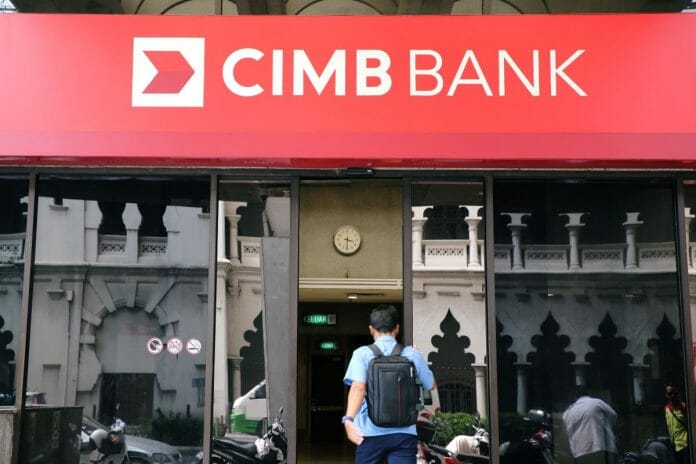While there was also some pressure from regional operations, CIMB thinks the level of competition has become irrational as promotional fixed deposit (FD) rates offered in some cases had exceeded loan yields for certain products. This is despite ample liquidity and stable loan growth, said RHB Research (RHB) in the recent Malaysia Company Update Report.
CIMB also highlighted some potential green shoots. Post the decision to keep the overnight policy rate unchanged in March, deposit rates eased off as depositors appear to have reassessed the overnight policy rate trajectory.
CIMB managed to reduce its campaign Fixed deposit rate by 10 basis points in April without impacting volume, and aims to reduce the rate by another 10 basis points in May – possibly more, if Bank Negara Malaysia maintains the policy rate.
Following from the above, CIMB guided for net interest margin (NIM) to contract meaningfully quarter-on-quarter. NIM is the difference between a financial firm’s interest income and interest expenses, expressed as a percentage of income-generating assets.
Quarter-on-quarter, the NIM delta is expected to be the largest in quarter one 2023 but the squeeze should start slowing down in quarter two, and stabilise thereon.
CIMB also said raising loan yields in the second half was under consideration, to cushion NIM pressure. Overall, management saw downside risks to its 2023 NIM compression guidance of 5-10 basis points.
Gains from sale of non performing loans in Indonesia and Thailand have helped. Such sales are expected to be ongoing, as part of the group’s strategy to manage non performing loans.
No major issues noted in quarter one. Delinquencies for some retail products have gone back up to pre-pandemic levels while others are still below that, but overall, are largely within expectations. Specifically for construction and real estate developers, exposure is minimal.
With the quarter four 2022 common equity tier 1 ratio at a comfortable 14.5%, CIMB sees scope for capital management in the form of one-offs or special dividends to drive return on equity higher. It will be watching what its peers are doing and will need to take into account the regulator’s comfort levels.









